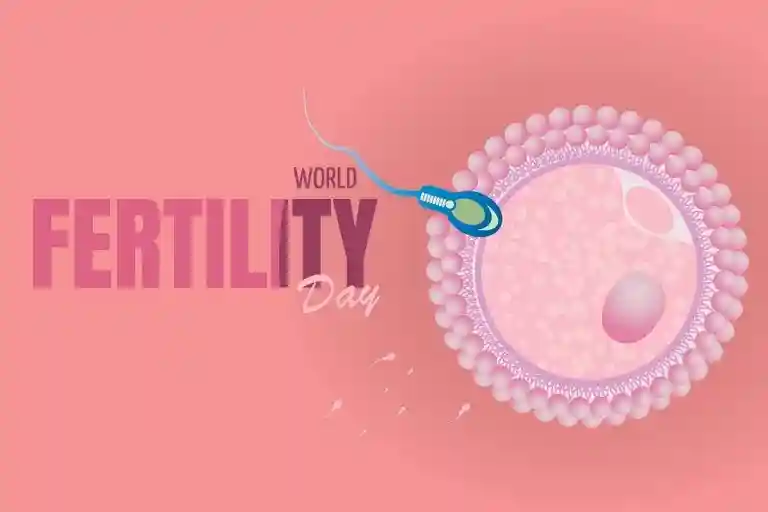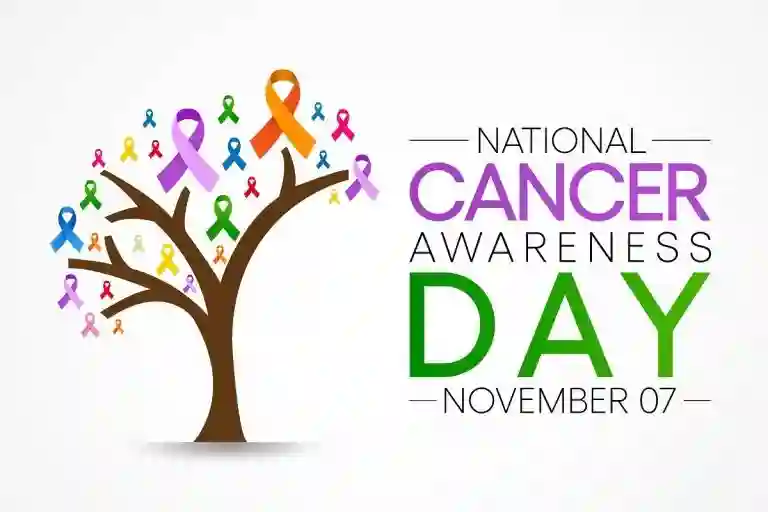World Heart Day 2024 will be celebrated all over the world at Friday, on 29th of September.
The World Heart Foundation organizes World Heart Day, an international campaign held on September 29 to inform people about cardiovascular diseases, which are the biggest cause of death. The day promotes preventative measures to reduce the risk of cardiovascular diseases.
Your heart powers your whole body. It lets you love, laugh and live your life to the full.
That’s why it’s so important to look after it. If you don’t, you’re putting yourself at risk of cardiovascular disease (CVD), which includes heart disease and stroke. CVD is the world’s number one killer. Each year, it’s responsible for 17.5 million premature deaths, and by 2030 this is expected to rise to 23 million. (REFRENCE: World Heart Federationwww.worldheartday.org/take-action)
This World Heart Day, we’re asking you to share how you power your heart and inspire millions of people around the world to be heart healthy. So let’s make sure we all take action to keep our hearts charged and make a lasting difference to our health.
Fuel your heart. Move your heart. Love your heart. And share the power.
Let’s take a look at some heart conditions and have awareness on all heart conditions:
Hypertension or High Blood Pressure:
- Hypertension is one of the most common lifestyle diseases today and as per statistics, One in three Indian adults has high blood pressure. A high blood pressure can lead to heart disease and stroke and is a leading cause of death in India.
- Blood pressure” refers to the pressure in the arteries as blood is pumped round the body by the heart.
- It is expressed as two numbers 120/80.
- The tendency to high blood pressure often runs in families. There are also many things that can raise the blood pressure in some people. These include too much salt in the diet, stress, diabetes and any underlying heart condition
- In most people with high blood pressure, no cause can be found. This is called essential hypertension.
- Blood pressure normally tends to rise with age.
- Scientifically an individual is said to be hypertensive as a repeatedly elevated blood pressure, exceeding 140 over 90 mmHg — a systolic pressure above 140 with a diastolic pressure above 90.
- Often high blood pressure scientifically is called hypertension and is first found when visiting the doctor for some other reason. This is because many doctors routinely measure blood pressure whenever they see a patient even though there may not be any symptoms.
Cardiac Arrest:
- Cardiac arrest is defined as the sudden or abrupt loss of heart function. Sudden cardiac arrest is a life-threatening event that can lead to death, if left untreated or poorly managed.
- One of the main causes of cardiac arrest is due coronary artery disease which is the most common condition. The main reason of sudden cardiac arrest is believed to be irregular rhythmic activity in the heart, triggered by lack of blood flow to the heart or damaged impaired heart muscle.
- Symptoms include:
1. Chest pain or intense pressure with or without extension to your left arm or jaw
2. Shortness of breath
3. Excessive and inappropriate sweating
4. Unexplained fatigue, nausea, and vomiting
5. A sense of “impending doom” or feeling as if you are going to die
- Symptoms of cardiac arrest differ from men and women accordingly men tend to have more chest pain and women have more shortness of breath, light Headedness, and dizziness.
- Emergency medical treatment is the crux of saving your life, therefore it is extremely vital to recognize the above warning signs and symptoms and seek timely medical assistance.
- At home of aspirin orally and dialling emergency medical services would be highly recommended.
- Emergency medical treatment for cardiac arrest at a hospital or in an ambulance is treated with a defibrillator right away.Cardiopulmonary resuscitation (CPR) should be given to a person having sudden cardiac arrest until defibrillation can be done.
Ischemic Heart Disease-
Heart ailments caused by narrowing of the coronary arteries and therefore a decreased blood supply to the heart. This can be further classified as:
- Angina
Angina manifests as pain in the chest that results from reduced blood supply to the heart (ischemia). Blood carries oxygen around your body and depriving the heart of oxygen has serious consequences. Angina is caused by atherosclerosis, that is the narrowing and / or blockage of the blood vessels that supply the heart. The typical pain of angina is in the chest but it can often radiate to the left arm, shoulder or jaw. If you have angina you will have noticed that the pain is related to exertion and is relieved by rest.
2. Atherosclerosis
In atherosclerosis the walls of your arteries become thick and stiff because of the build up fatty deposits. The fatty deposits are called plaques. When this happens, the flow of blood is restricted. Atherosclerosis can happen throughout the body. In the arteries of the heart it is known as coronary artery disease, in the legs, peripheral arterial disease (PAD). Atherosclerosis happens over a period of time and its consequences can be grave and include heart attack and stroke.
Coronary Artery Disease
Coronary artery disease is also known as ischemic heart disease. It is caused by atherosclerosis, that is the narrowing and / or blockage of the blood vessels that supply the heart. It is one of the most common forms of heart disease and the leading cause of heart attacks and angina. Coronary heart disease refers to the disease of the arteries to the heart and their resulting complications, such as angina, heart attacks and heart failure.
Valvular Heart Defects and Diseases
The heart valves keep blood flowing through the heart in the right direction. But a variety of conditions can lead to valvular damage. Valves may narrow (stenosis), leak (regurgitation or insufficiency) or not close properly (prolapse).
Cardiac Arrhythmias
Heart rhythm problems (heart arrhythmias) occur when the electrical impulses that coordinate your heartbeats don’t work properly, causing your heart to beat too fast, too slow or irregularly. Arrhythmias may not cause any signs or symptoms.
Congenital Heart Disease
Congenital heart disease is when you are born with malformations of the heart’s structures. This may be the result of the genes you inherited from your parents or adverse exposure to certain elements while still in the womb, such as some medicines or too much alcohol. Congenital heart disease is a broad term and examples are holes in the heart, abnormal valves, and abnormal heart chambers.
Heart Failure (“Congestive Heart Failure”) :
Heart failure is a chronic condition that happens when the heart’s muscle becomes too damaged to adequately pump the blood around your body.
If you have heart failure your heart still works but because it is less effective your organs do not get enough blood and oxygen. Heart failure tends to affect older people more often and manifests as shortness of breath, reduced exercise tolerance and swelling of the ankles. It results if the heart is damaged and weakened
Inflammatory Heart Disease:
Inflammation of the heart muscle (myocarditis), the membrane sac (pericarditis) which surround the heart, the inner lining of the heart (endocarditis) or the myocardium (heart muscle). Inflammation may be caused by known toxic or infectious agents or by an unknown origin
Paediatric Cardiology disease spectrum consisting of congenital analogies of the heart particularly valvular defects and infections.
Common Risk Factors Associated with Heart Disease:
- High blood pressure
- High blood cholesterol
- Diabetes and prediabetes
- Smoking
- Being overweight or obese
- Being physically inactive
- Having a family history of early heart disease
- Having a history of preeclampsia during pregnancy
- Unhealthy diet
- Age (55 or older for women)
Tips For A Healthy Heart:
- Keep your Blood pressure and cholesterol level in check.
- Ask your doctor about taking aspirin every day: Aspirin has been shown to be very effective at preventing serious vascular events, such as heart attack or stroke.
- Stay physically active and maintain a healthy body weight.
- Eat wisely: Cut back on foods high in saturated fat, trans fat, and cholesterol, such as butter, eggs, meat, and whole milk. Eat more foods high in fibre like fruits, vegetables, and whole grain breads.
- Avid or quit smoking
- Stress Management
- Manage diseases which can be risk factor to heart disease like diabetes.
To understand more of heart diseases its management and treatment visit Wockhardt hospitals.


















